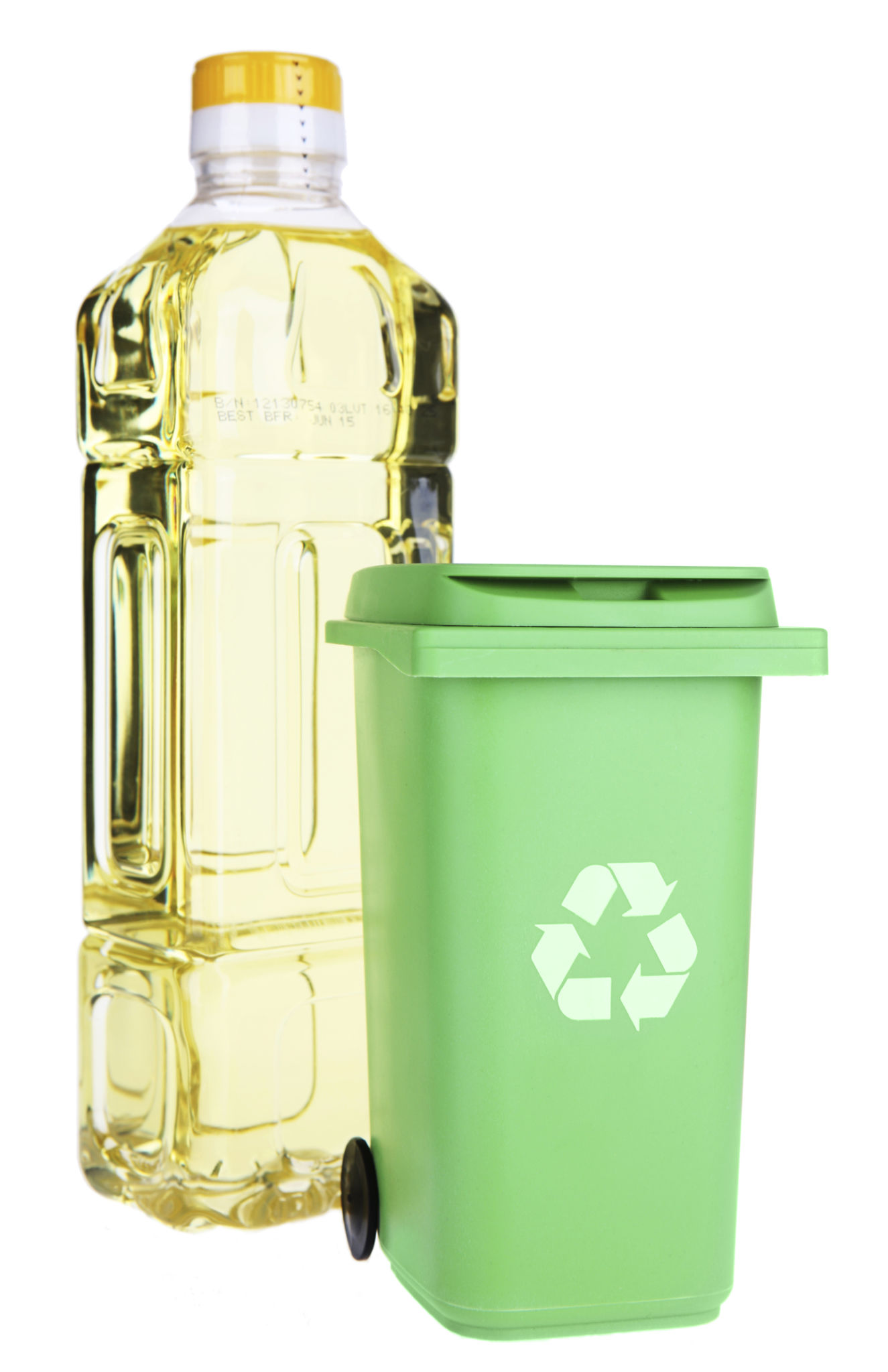Top Myths About Cooking Oil Disposal and How Eco-Friendly Solutions Make a Difference
Understanding Cooking Oil Disposal Myths
Cooking oil disposal is a topic that often brings confusion to many homeowners. There are several myths surrounding the proper ways to dispose of used cooking oil, which can lead to environmental harm if not addressed correctly. In this post, we aim to debunk these myths and highlight eco-friendly solutions that make a significant difference.
One common myth is that pouring cooking oil down the drain is safe as long as hot water follows it. This is far from the truth. Over time, oil can solidify and cause blockages in your plumbing system, leading to costly repairs and potential sewer backups.

Myth: Cooking Oil is Biodegradable and Harmless
Another misconception is that cooking oil is biodegradable and can be safely disposed of in the garden or compost bin. While cooking oil is organic, it can disrupt the balance of your compost pile and attract unwanted pests. Additionally, it can create a barrier on soil surfaces, hindering water absorption and plant growth.
Eco-Friendly Disposal Methods
Instead of relying on these myths, it’s essential to consider eco-friendly disposal methods that protect the environment. One effective solution is to reuse cooking oil where possible. Strain it to remove food particles and store it for future use, ensuring you maintain the quality of your dishes while reducing waste.

If reusing isn’t feasible, recycling programs are an excellent alternative. Many communities offer cooking oil recycling services that convert used oil into biodiesel, a cleaner-burning fuel option. Contact your local waste management facility to learn more about available programs in your area.
The Role of Proper Containers
Proper storage and transportation of used cooking oil are crucial for safe disposal. Use a sealable container to prevent spills and leaks, and ensure it’s clearly labeled if you plan on taking it to a recycling center or drop-off location.

For those who regularly use large quantities of cooking oil, consider partnering with a professional waste disposal service. These services provide collection bins and schedule regular pickups, ensuring your used cooking oil is handled responsibly without any hassle on your part.
Environmental Impact of Eco-Friendly Solutions
The adoption of eco-friendly cooking oil disposal methods can significantly reduce environmental harm. Recycling used cooking oil into biodiesel reduces dependency on fossil fuels, cuts down greenhouse gas emissions, and promotes sustainable energy practices.
By debunking common myths and embracing responsible disposal methods, we can all contribute to a healthier planet. Whether reusing or recycling, every effort counts in the journey toward sustainability and environmental stewardship.